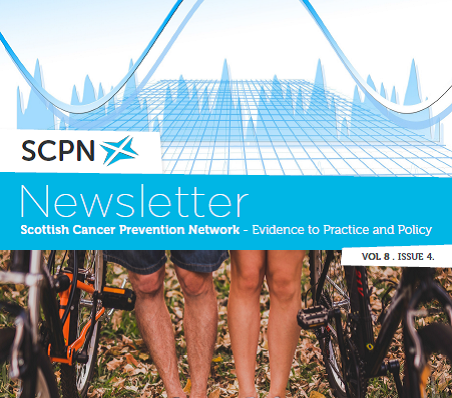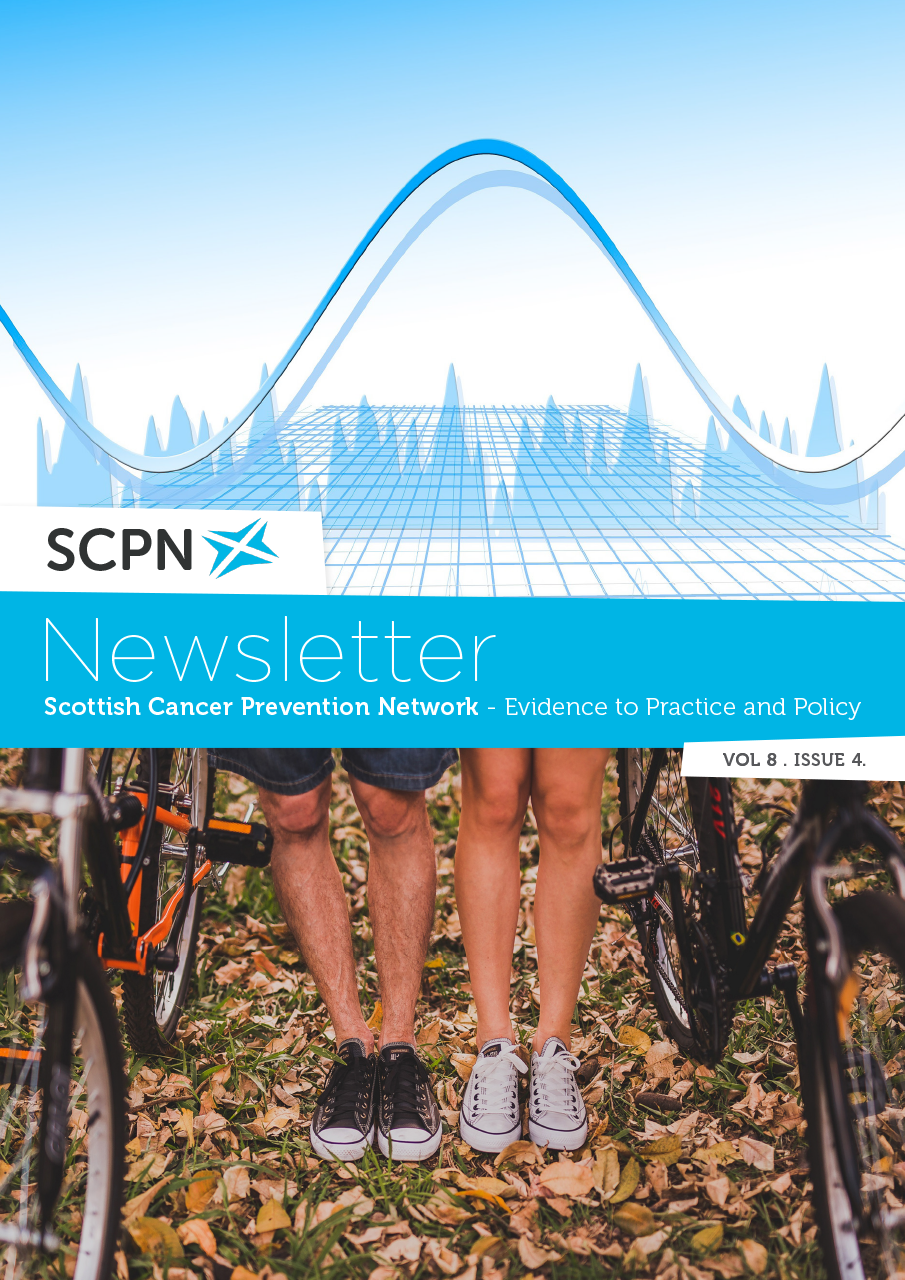
Editorial

18 Oct 17 |
Scotland is awash with alcohol. Weekly sales amount to 20.2 units a week for every adult in the country when the recommendation for both men and women is to drink no more than 14 units a week.
Given that around a fifth of people in Scotland don’t drink, it means that a huge number of Scots must be regularly consuming alcohol at worryingly high levels. The sales figures don’t lie. Scotland has a serious drink problem.
Alcohol is now 54 per cent more affordable than it was in 1980 and more is being drunk in the home where it is easier – and cheaper – to overindulge. The Scottish Government is alive to the problem. It has introduced a ban on multi-buy drinks promotions, lowered the drink drive limit and done its best, against opposition from the drinks industry, to introduce minimum pricing.
While these interventions are welcome, the wine, whisky, vodka, gin and beer continue to flow. Alcohol is our favourite drug, served to celebrate special times as well as being part of the daily lives of vast numbers of people. It also raises the risk of developing cancer and high blood pressure, is a contributory factor in a third of all A&E attendances and results in violence breaking out on the streets and in the home.
Yet, despite the health and social problems associated with alcohol, its use is widely accepted and seen by many as something positive and even attractive. Drinking has become normalised to such an extent that its problems are largely ignored and its benefits exaggerated. The result can be seen in weekly sales that greatly exceed sensible drinking levels.
It is this normalisation that is one of the greatest barriers to reducing the harm caused by alcohol. Attitudes to drinking need to change to get to a point where it is seen as an infrequent indulgence rather than a daily pick-me-up. Public sector organisations could take a lead in this by removing all alcohol from events and functions held by them. It would provide a clear signal that all is not well with how alcohol is being used in Scotland.
If we are serious about improving health in Scotland, drinking alcohol needs to become the exception, not the norm.
Bryan Christie,
SCF Board Member

The SCPN Newsletter: Volume 8, Issue 4
The last issue of 2017 packed full of the evidence and examples of good practice underpinning cancer prevention in Scotland. In this issue: Moving More: A workplace challenge, Yorkshire Bike Libraries, ActWELL Study - Full steam ahead, Reflections on 'gender neutral' HPV immunisation, Ongoing Scottish Research and more.